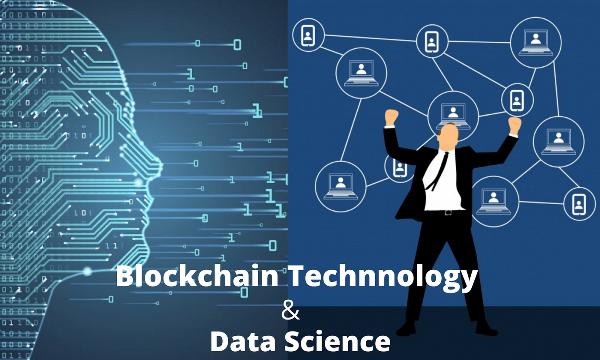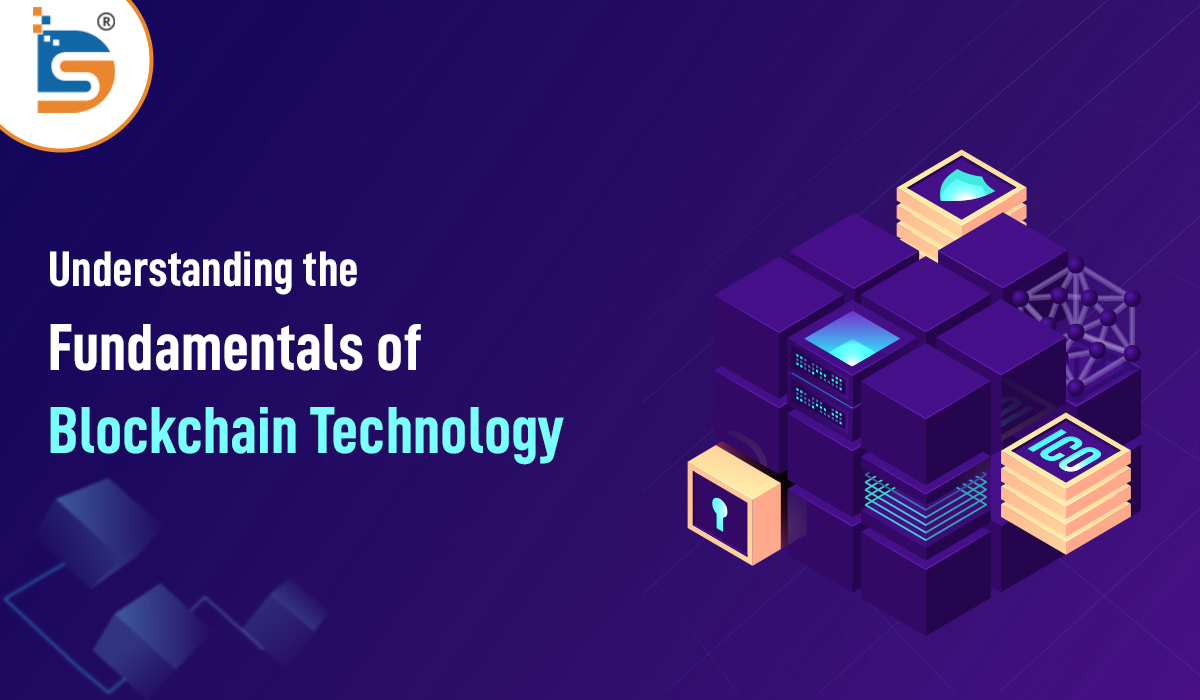How is Blockchain technology revolutionizing the Data Science industry?

Strong 8k brings an ultra-HD IPTV experience to your living room and your pocket.
Data science, as we all know, is the science of extracting meaningful insights out of raw data that is capable of transforming various industries. However, the efficiency of data science models depends upon the quality and quantity of data used and therefore, it becomes highly important to ensure the quality of data is optimum, it is secure, and traceable. And this constitutes a significant challenge of widespread adoption of data science in industry.
✍️ Thinking about investing in blockchain? Read our guide on blockchain investments to understand opportunities, risks, and future growth potential.
Blockchain technology comes as a savior here that is renowned for its secure and transparent transaction ledgers. By using blockchain’s unique properties, organizations can reap maximum benefit from data science to unlock new era of reliable and trustworthy insights. According to Demandsage, the blockchain market size is expected to grow by $162.84 billion by 2027. Here, let us see how it is used in data science.
Challenge in Data Science Industry: Trust and Quality
It is a fact that incomplete and inaccurate data can lead to flawed models that can provide biased outputs and ultimately result in making ineffective decisions. According to Gartner, poor data quality cost businesses an average of $9.7 million every year. Not just that, in today’s time, the data breaches are also on the rise. Therefore, this lack of trust in data quality and its transmission journey is a great hinderance to the effective of many data science projects.
What is Blockchain technology?
At its core, Blockchain is a distributed ledger technology. To understand this clearly, let us take an example of a huge tamper-proof record book. This book can be continuously updated and is accessible to every authorized personnels. In this book, each entry, known as block, is linked to the previous one. And thus, all entries create an unbreakable and tamperproof chain which cannot be altered without detection. This unique property is used in blockchain technology, where every point throughout any elements journey is recorded. This makes blockchain inherently highly secure and is ideal for storing and managing sensitive data when it comes to data science industry.
Benefits of Blockchain in Data Science Industry
Using blockchain technology offers several key benefits in data science industry such as:
• Enhanced Data Security
Blockchain has decentralized nature that helps eliminate the need for a single point of failure. Thus, data breaches become significantly difficult by using blockchain in data science. Further cryptographic hashing ensures that data re immutable and prevents unauthorized modifications.
• Improved Data Provenance
All the interactions with data are legibly recorded in the blockchain. This is helpful in providing clear audit trail and data scientists can use it to track the origin of data points and verify their authenticity.
• Better transparency
As only authorized participants can access the shared view of the data, it enhances trust and collaboration. This is particularly beneficial to ensure the data science models are fair and explainable.
• Facilitates secure data sharing
Blockchain also facilitates secure data exchange between organizations without affecting user’s privacy. This is beneficial during collaborative research projects where it is important to protect the sensitive data.
Real-world applications of Blockchain in Data Science industry
Now, let us look at how exactly data science is using blockchain technology to drive innovation across various industries:
1. Healthcare
In healthcare industry, blockchain technology is used to secure patient’s medical records on a blockchain. This is useful to maintain ownership and control over their data among the patients.
Additionally, researchers can also use this technology to anonymize healthcare data to carry out their large-scale clinical trials without compromising patient’s privacy.
2. Supply Chain Management
Movement of goods can be easily tracked throughout the supply chain using blockchain. This helps to provide real-time data about its quality, origin, and delivery status. This not only improves efficiency but also enhances transparency and helps fight against counterfeiting.
3. Financial Services
Technologies using blockchain are also revolutionizing financial transactions and making the cross-border payments more secure and efficient. Data science is used to analyze transaction data on the blockchain, detect fraud and manage risk.
Challenges and considerations of using blockchain for data science
Though using blockchain in the data science industry offers a ton of benefit, there are some challenges that come in between its effective usage
• Scalability: Blockchain technology often struggle to handle huge datasets
• Standardization: Another challenge is lack of standardized protocols for data storage and access on blockchains that reduces interoperability
• Privacy Concerns: Blockchain is used to enhance security but sometimes it becomes difficult to balance transparency with individual privacy and requires careful design considerations
Future of Blockchain and Data Science
Future of data science and blockchain is full of possibilities. Blockchain is an incredible technology used for data science in industries across the world. But still, it is in its early stage and has huge potential. Once its scalability issues are addressed and a standardized protocols are established, it can lead to emergence of even more innovative applications in future. Moreover, in the future, data scientists will have an important role to play in developing such futuristic applications and see through that blockchain technology is used responsibly for data-driven insights.
Conclusion
Using blockchain technology, data science industry can enhance trust and transparency to a huge extent in today’s world where data privacy and security is most important thing. And as we move towards the future, where organizations are becoming more data-driven, blockchain technology will help to maintain the security and reliable manipulation of data across various industries.
Note: IndiBlogHub features both user-submitted and editorial content. We do not verify third-party contributions. Read our Disclaimer and Privacy Policyfor details.







